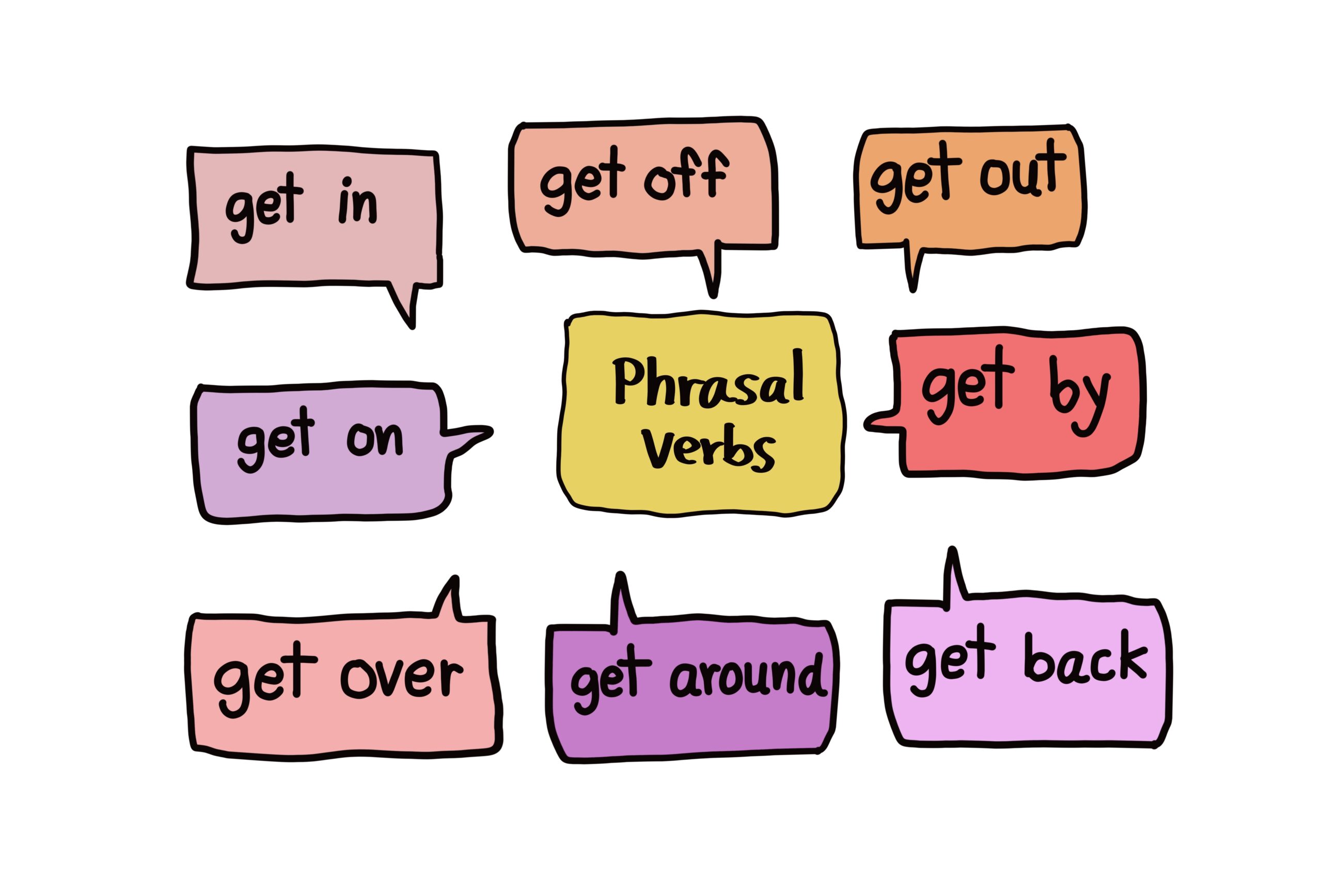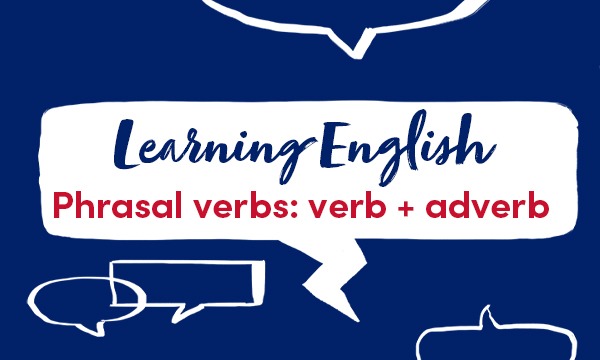
Some verb + adverb phrasal verbs have no object, i.e. they are intransitive, for example, get up, go away, hold on:
Mary went away.
Helen sat down.
The students came back.
Others do require an object, i.e. they are transitive, for example, blow something up, close something down, pick someone up:
We could make out a figure in the distance.
He tried to blow up the Houses of Parliament.
Could you put your clothes away, please?
If the object is a noun, many verb + adverb phrasal verbs will allow the adverb to come either:
- BEFORE the object,
I picked up Jim on my way home.
He blew out the candle.
She tidied away her things.
- or AFTER the object.
I picked Jim up on my way home.
He blew the candle out.
She tidied her things away.
If the object is a pronoun, it must come BEFORE the adverb.
I picked him up.
He blew it out.
She tidied them away.
Sometimes you can guess the meaning of these verbs from the meanings of the parts.
- to sit down = sit + down
- to go away = go + away
Sometimes you have to learn the new meanings, or use a dictionary.
- to make up (an answer) = to invent
- to turn down (an invitation) = to decline
- to work out (a problem) = to resolve
For further information on English Grammar, visit: https://grammar.collinsdictionary.com/easy-learning
Come back for other blogs on using English in everyday situations:
https://blog.collinsdictionary.com/language-learners/learning-english
All opinions expressed on this blog are those of the individual writers, and do not necessarily reflect the opinions or policies of Collins, or its parent company, HarperCollins.



